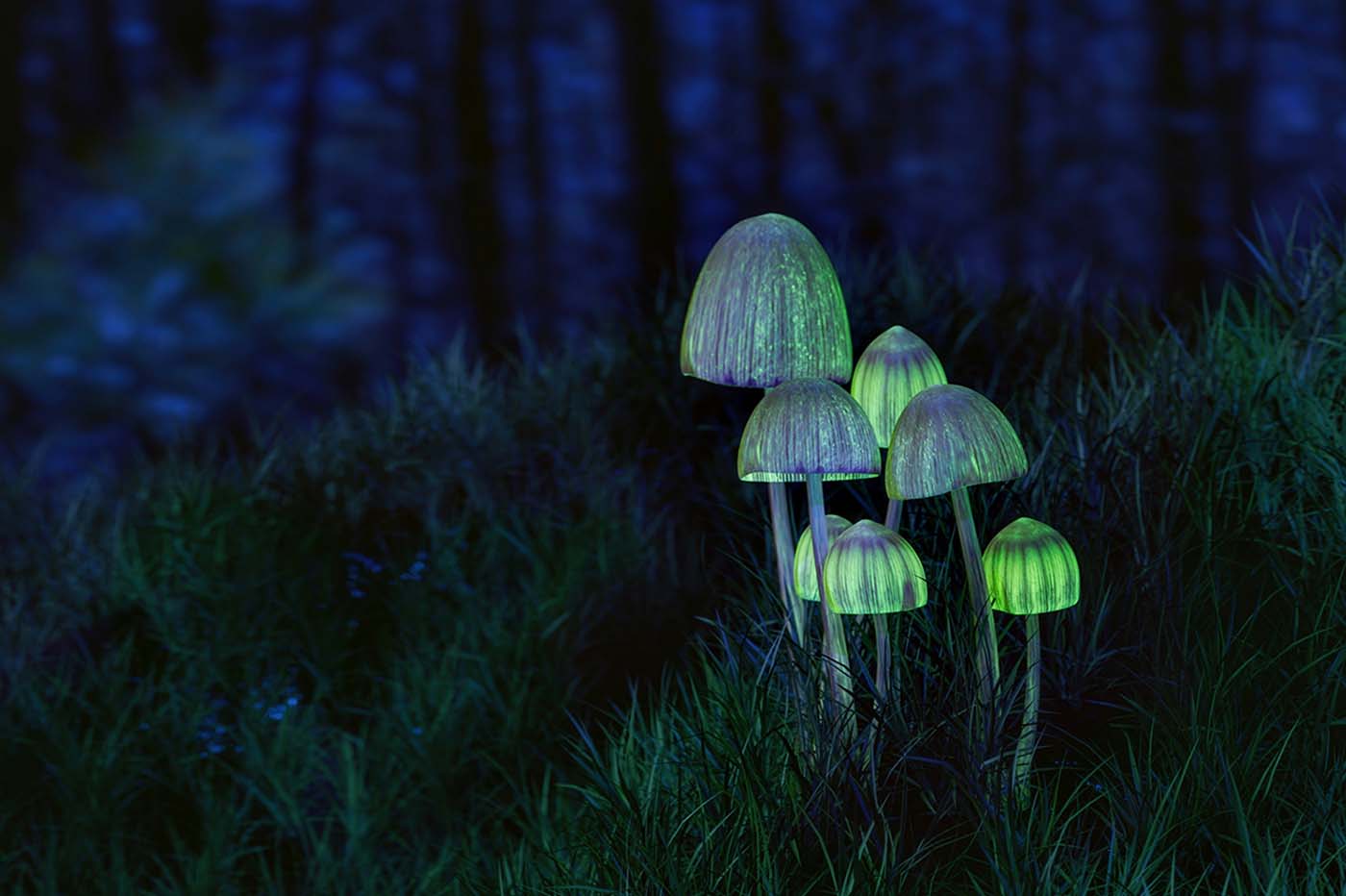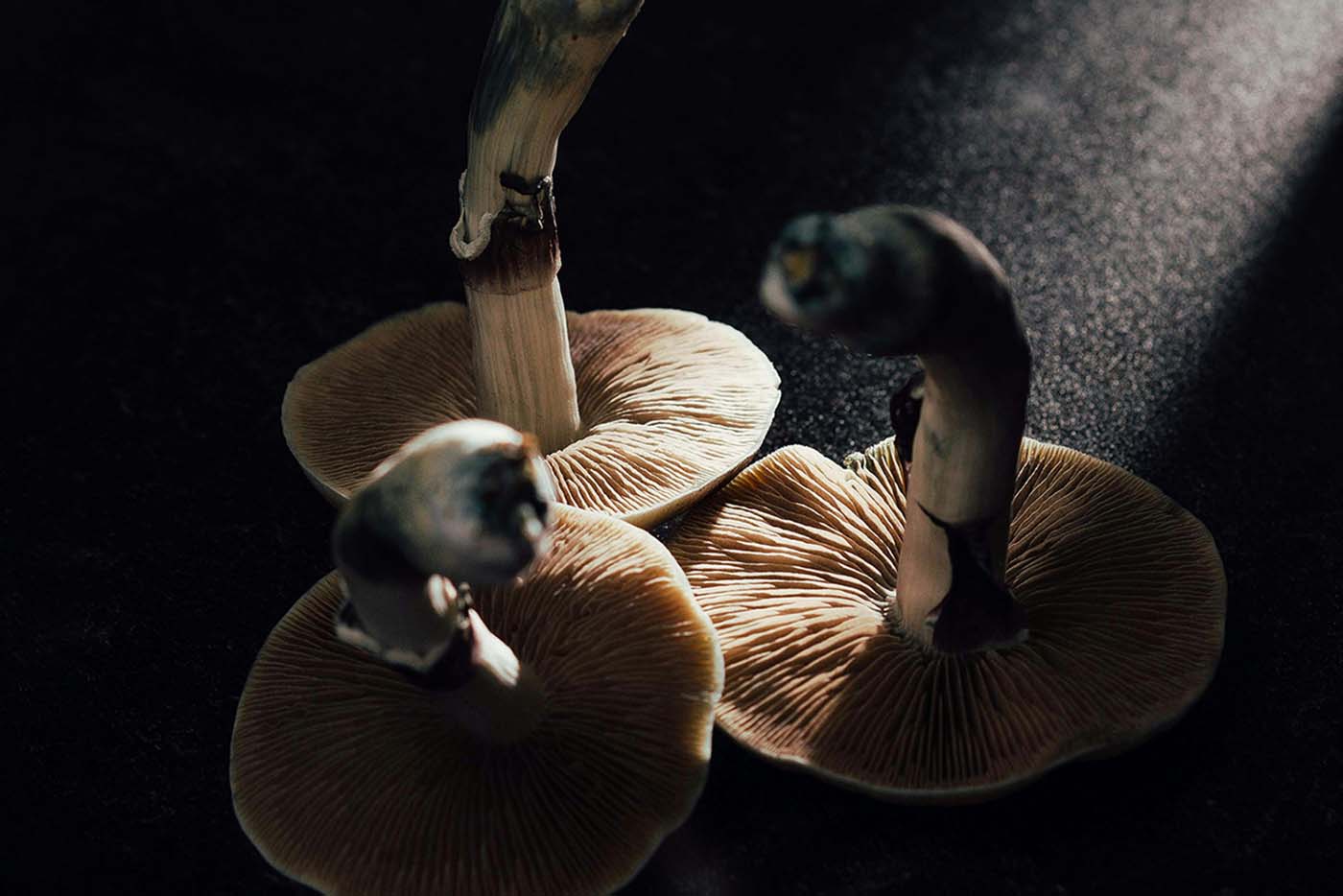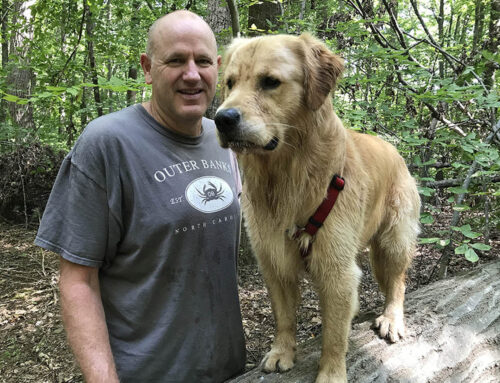
In the campy 1980 comedy, Caddyshack, disheveled groundskeeper Carl Spackler (played by a brilliant[...]

It's not often that a scientist becomes a subject for his own research; even[...]

Sensory deprivation via natural or manmade caves has now become, if not routine, certainly[...]

Using fMRI technology, scientists for the first time have revealed significant - albeit temporary[...]

No, Psychedelics Will Not End Your Suffering
Everywhere you turn, it seems, psychological sufferers – including a growing number of therapists and physicians treating them – are turning to psychedelics or, more specifically, ‘psychedelic-assisted therapy,‘ to cure suffering.
At the risk of harshing a lot of people’s buzzes, it’s unlikely that MDMA, psilocybin, ketamine, LSD, ayahuasca and a host of other mind-bending hallucinogens are going to permanently fix whatever it is that ails you.
A powerful experience? Absolutely. A temporary, perhaps even months-long reprieve from your suffering? Sure, it’s entirely possible. But a permanent cessation of your anxiety, apathy, additions, depression, etc.? Exceedingly unlikely. (We’d love to hear from these folks.)
Magic Dragons Everywhere
So why the hullabaloo over psychedelics? For starters, there is a growing body of evidence suggesting psychedelics can actually help treat mental health challenges, particularly when contrasted with the legally prescribed medications that plague patients with side effects or a failure to work at all.
One study showed that intensive talk therapy coupled with doses of MDMA proved twice as effective in the treatment of PTSD. Another demonstrated the efficacy of psilocybin in treating major depression. Research also demonstrated effectiveness in curbing anorexia. And so-called ‘magic mushrooms’ have proved useful in curbing smoking and alcoholism.
What makes researchers particularly high on psychedelics (pun intended) is that even a single small dose of MDMA or psilocybin may be enough to permanently alter unhealthy cognitive habits.
In one study, for example, just two doses of psilocybin produced a dramatic decrease in depression for up to a year. And in a study of terminal cancer patients, tiny doses of psilocybin resulted in a months-long decrease in anxiety and depression, including the days leading up to death itself.
Yet despite all these studies, there is actually very little evidence that psychedelics can lead to anything close to long-term – or more important, lasting – relief. Much like the latest trend in weight-loss drugs, these substances must be taken again and again and again, and their downsides not nearly understood enough (yet).
Dragons Aren’t Real
A second reason for their popularity? Indigenous peoples were fond of using many of these same psychedelics for rites and rituals, spiritual practices, and as medicine and curatives. From Africa to Asia to the Americas, people used these substances to fix what ailed them or to tap into the divine.
What’s important to remember here, is that few if any indigenous people used these hallucinogens in a frivolous or recreational manner. Also, that these same cultures were not sold on psychedelics as the only path to curing what ailed someone. Numerous other rituals and practices were also used for healing and spiritual needs.
For us, the verdict is simple: psychedelics most certainly can provide near-term relief of mental suffering. They also have been shown to give people glimpses into different realms of being. But at the end of the day (or psychedelic regimen), the suffering will likely return, albeit perhaps in a different form or manner.





